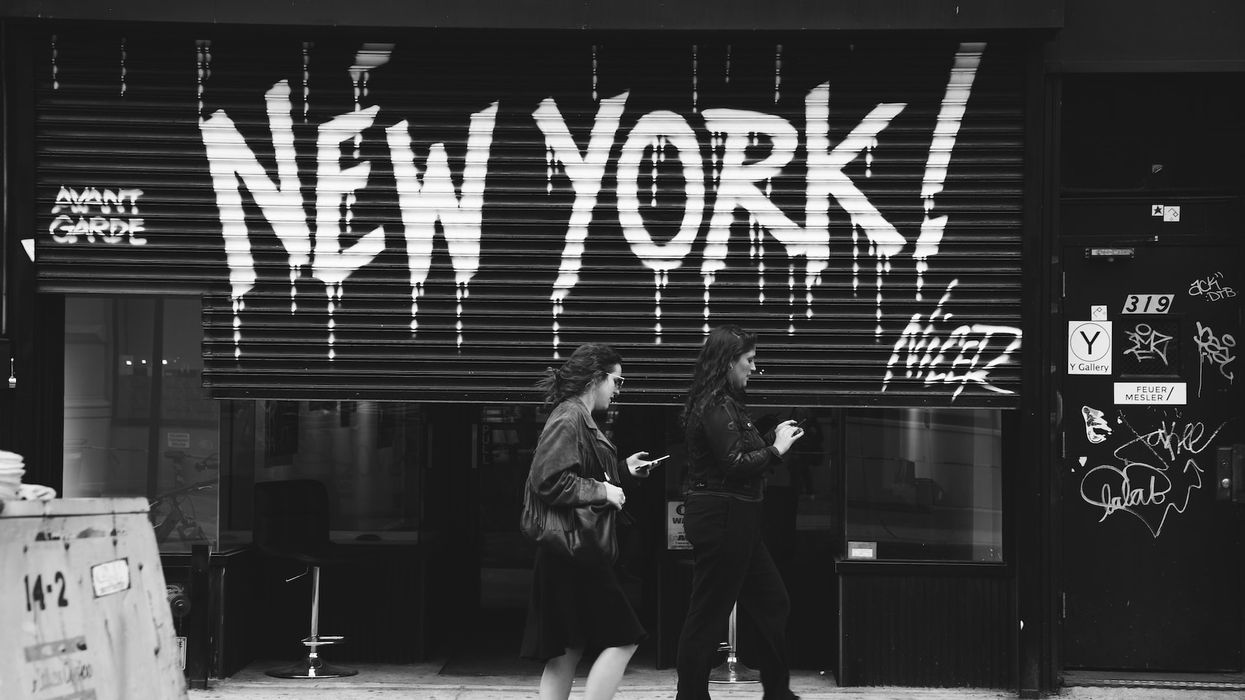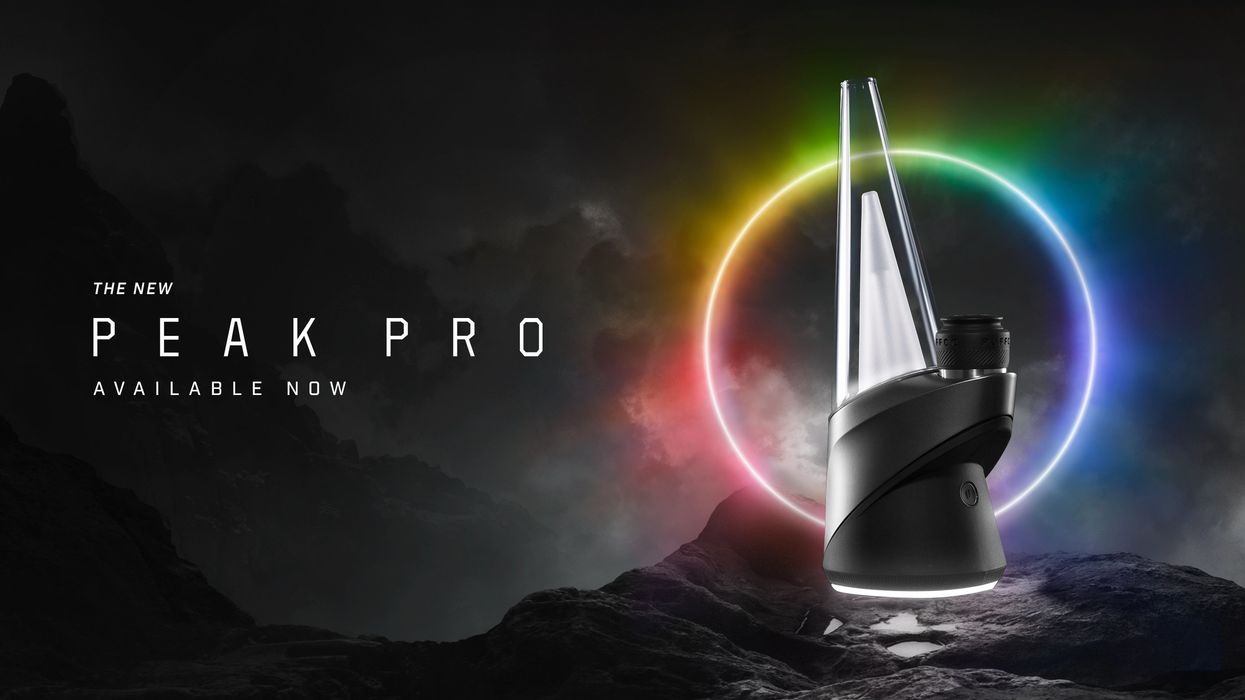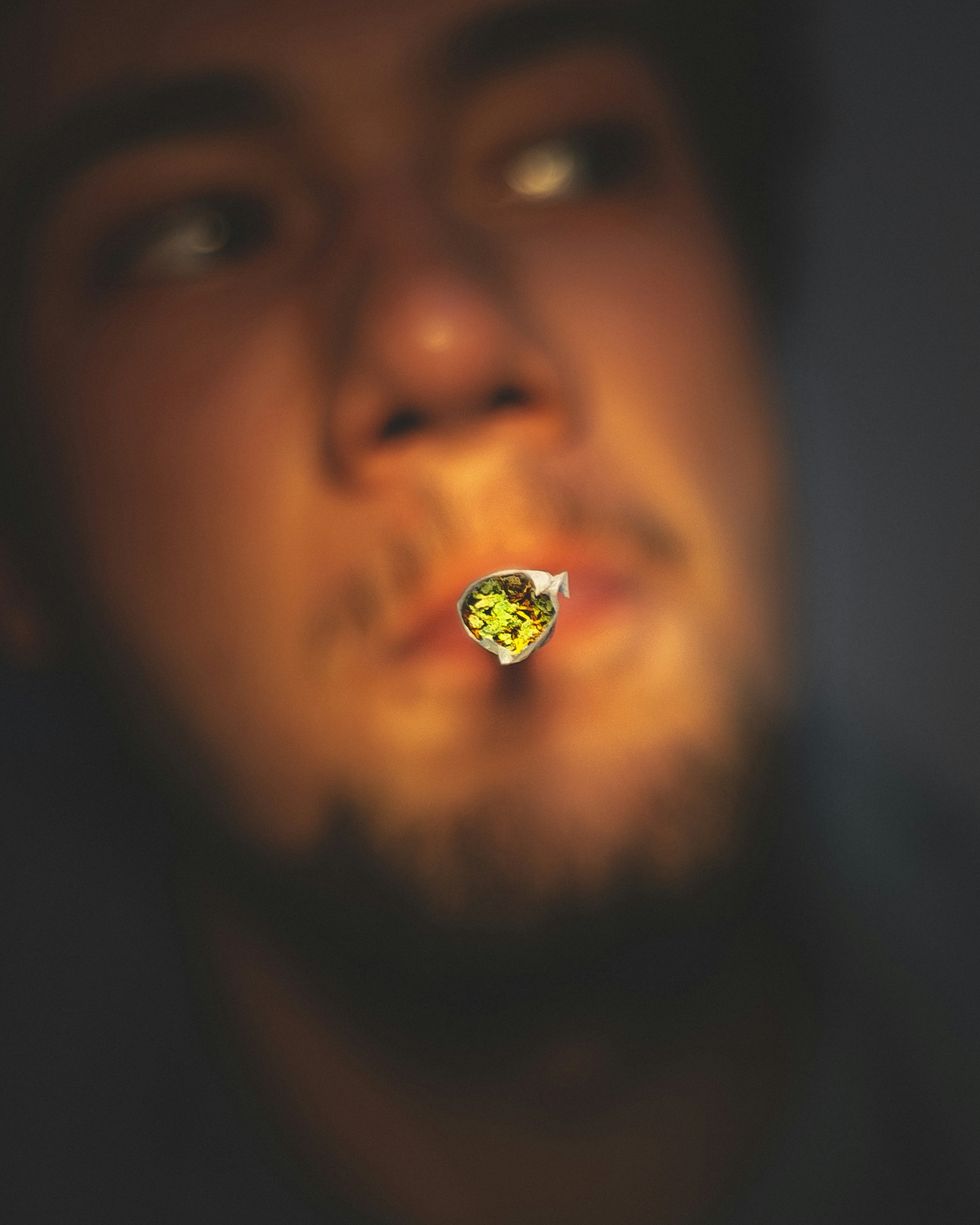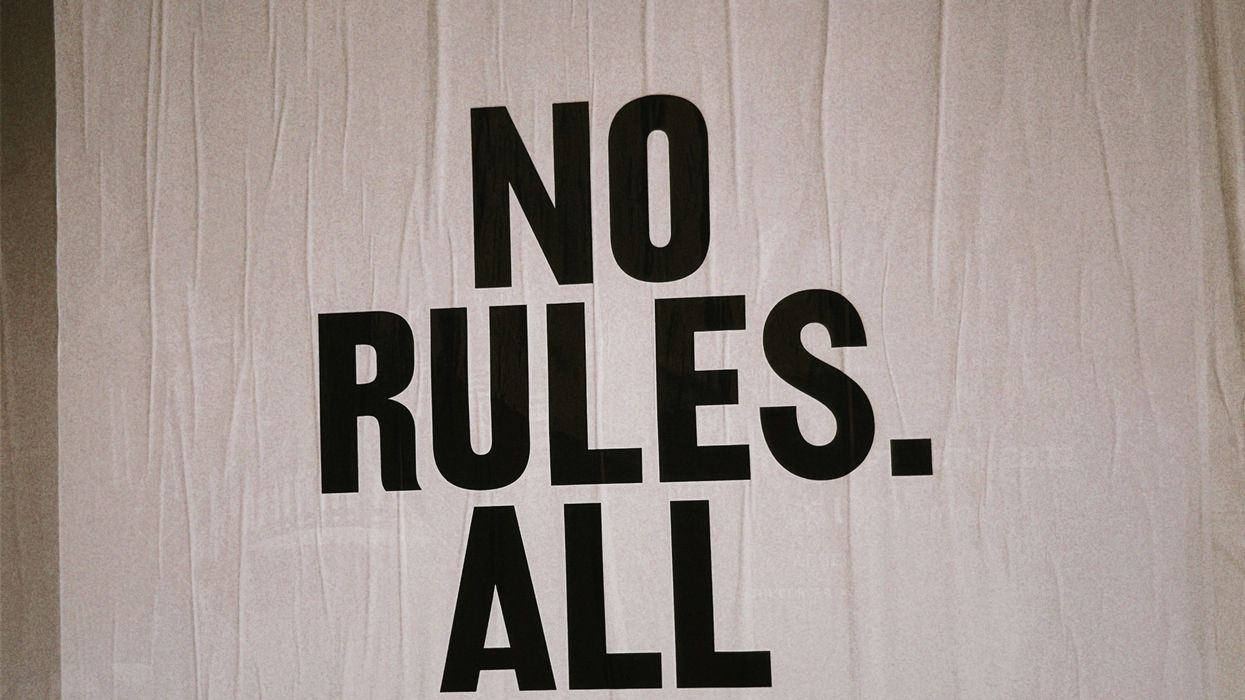The New York cannabis industry is facing a complex and challenging landscape as it transitions from a medical marijuana program to a fully legal recreational market. Despite the recent legalization of adult-use cannabis in the state, there are still many issues to be addressed, including regulatory compliance, licensing, distribution, capital and equity concerns, and of course, litigation.
Recently, several lawsuits have been filed against the New York State Cannabis Control Board (CCB) and the Office of Cannabis Management (OCM), which are the agencies responsible for overseeing the state's cannabis industry.
One of the lawsuits filed in late in 2022, was brought forth by Variscite, a company registered under the laws of New York, which applied for a CAURD (Cannabis Control Board Adult-Use Retail Dispensary) license. At issue is the fact that the majority owner of Variscite had a cannabis conviction under Michigan law and no significant connection to New York, Variscite was deemed ineligible for the license.
Variscite argued in its lawsuit that the New York residency requirement was discriminatory against out-of-state applicants and violated the Dormant Commerce Clause (DCC) implied in the Constitution. A federal judge agreed with Variscite's argument and ruled that the residency requirement did not serve a compelling state policy and, therefore, violated the DCC. During the application process, Variscite selected Brooklyn, Central New York, the Finger Lakes, the Mid-Hudson area, and Western New York as possible regions for licensure.
Consequently, the judge ruled that New York could not issue CAURD licenses for dispensaries in those regions while the case was pending. This decision is expected to affect around 63 of the 150 CAURD licenses that the Office of Cannabis Management had planned to issue by the end of 2022. However, the ruling did not affect eleven other regions, including the Bronx, Manhattan, Queens, Staten Island, and Long Island.
Another lawsuit was recently filed by a group of larger cannabis companies, including Acreage Holdings, Columbia Care, and Curaleaf and a group of medical cannabis professionals and patients has filed a lawsuit against the state of New York, claiming that the recently passed recreational cannabis law infringes on their right to affordable and accessible medicine. The lawsuit argues that the new law, which allows for the establishment of a recreational cannabis market, will lead to shortages and increased prices for medical cannabis products. The plaintiffs contend that the state is obligated to ensure a steady supply of affordable medical cannabis products for patients, and that the new law fails to meet that obligation.
The case highlights the challenges of balancing the needs of medical cannabis patients with the desire to establish a thriving recreational market, as more states move to legalize cannabis for both medical and recreational use.
The lawsuits come at a time when the state is still developing and finalizing its regulations for the new adult-use cannabis market. The OCM recently released its proposed rules for the industry, which include provisions aimed at promoting social equity and ensuring that small businesses have a fair shot at participating in the market.
Despite all these efforts, many stakeholders in the cannabis industry are concerned about the potential for large, out-of-state operators to dominate the market and squeeze out smaller, less capitalized local upstart businesses before they get a chance to get off the ground. They are also worried about the potential for regulatory overreach and heavy-handed enforcement.
As the state moves forward with the implementation of its new recreational cannabis market, it will need to address these and a host of other concerns in order to create a fair and equitable industry that benefits all stakeholders, from large corporations to small businesses and individual consumers.
The lawsuits filed against the CCB and OCM are just one indication of the complex and challenging landscape that lies ahead for New York's nascent legal cannabis industry.
And, the response from across the New York cannabis industry has been mixed. Some industry leaders argue that the lawsuits are misguided and that the new laws will ultimately benefit medical cannabis patients by increasing overall demand for cannabis products and driving down prices. Others, however, acknowledge that there may be some short-term disruptions as the recreational market ramps up, and they urge the state government to take steps to ensure that medical cannabis patients are not unduly affected.
Overall, the lawsuits highlight the complex and sometimes competing interests at play in the expanding cannabis industry, as well as the challenges of balancing the needs of medical cannabis patients with the desire to establish a thriving recreational market and those interested in building an equitable and fair industry for those communities most directly impacted by the war on drugs.
As more states legalize cannabis for both medical and recreational use, similar issues are likely to arise, and policymakers will need to not only carefully consider the impact of their decisions on all stakeholders involved, but to actually invest the time and resources in listening to each of these stakeholders and involving them in decision making process.
Overall, the development of NY’s nascent cannbis market to a mature cannabis market is going to be a complex and dynamic process that will require careful attention to changing market conditions, industry, consumer and patient needs and regulatory requirements.
We have to remember that we are still in the first inning of this and we will see NY’s legal cannabis industry thriving in the coming months, lawsuits and all. We’re NYers after all and we don’t let much, if anything, stand in our way.
As Alicia Keys so soulfully sings:
Even if it ain't all it seems
We got a pocketful of dreams
Baby, we’re from New York
Concrete jungle where dreams are made of
There's nothin' we can't do
Now, we’re in New York
These streets will make us feel brand-new
Now, let’s hear it for New York, New York, New York














 The Dominoes Are Falling Nationwide as Federal Prohibition Ends
The Dominoes Are Falling Nationwide as Federal Prohibition Ends
 High-THC Weed Explored - The Bluntness Photo by
High-THC Weed Explored - The Bluntness Photo by  High-THC Weed Explored - The Bluntness Photo by
High-THC Weed Explored - The Bluntness Photo by  High-THC Weed Explored - The Bluntness Photo by Maria Fernanda Pissioli on Unsplash
High-THC Weed Explored - The Bluntness Photo by Maria Fernanda Pissioli on Unsplash 

 Scenes from Hall of FlowersPress photo provided by Hall of Flowers
Scenes from Hall of FlowersPress photo provided by Hall of Flowers Scenes from Hall of FlowersPress photo provided by Hall of Flowers
Scenes from Hall of FlowersPress photo provided by Hall of Flowers Respect My Region's Joey Brabo talking to an exhibitor at Hall of FlowersPress photo provided by Hall of Flowers
Respect My Region's Joey Brabo talking to an exhibitor at Hall of FlowersPress photo provided by Hall of Flowers